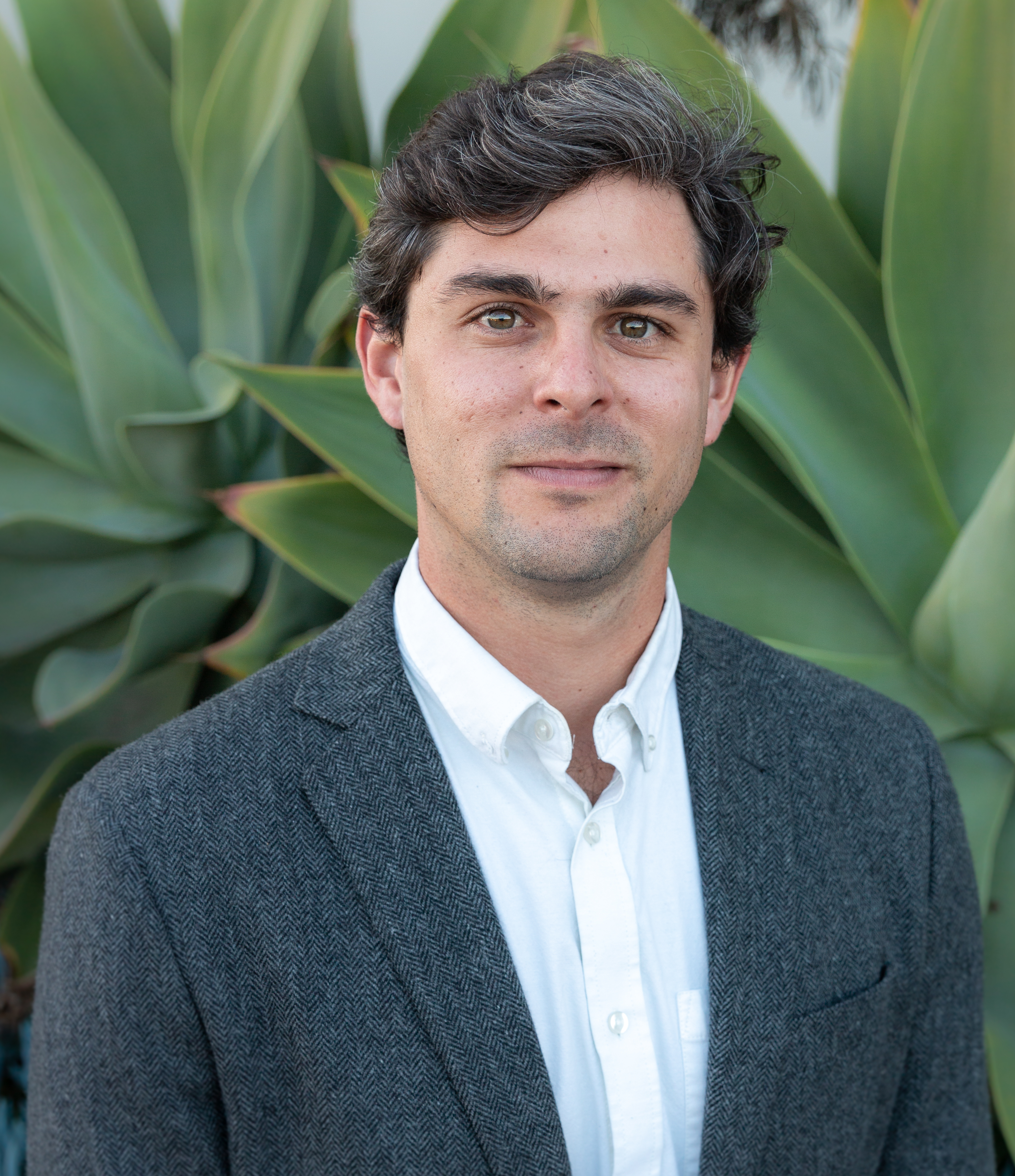Essays on Environmental Markets and Marine Conservation

PHD DISSERTATION DEFENSE
Advisors: Christopher Costello, Steve Gaines
Committee: Kyle Meng, Fiorenza Micheli
This defense will be presented in person. Join us in the MSI Auditorium (masks required) or watch online using this link and passcode marine
ABSTRACT
Humanity depends on the ocean for jobs, subsistence, and way of life. Yet, many of our activities directly or indirectly threaten the marine environment. Environmental markets are one way to regulate these negative externalities. Environmental markets have been frequently used in land, water, and atmospheric contexts, but their application to the marine environment is rare and their interaction with other institutions remains understudied. Here, I combine theory from environmental economics and ecology with modern data science techniques and computer simulation to study three types of links between environmental markets and marine conservation. My first chapter explores how an existing market for fishing effort interacts with a nation’s incentive to engage in marine conservation in the form of Marine Protected Areas. In my second chapter, I propose, design, and analyze a global market for marine conservation, where nations can trade conservation obligations. Finally, my third chapter studies the implied carbon costs of human-induced whale mortality, thus providing a way to connect cetacean conservation and carbon markets. Together, these essays show how seemingly benign nuances in market design features and ecological processes are pivotal in determining the incentives for marine conservation.
BIO
Juan Carlos holds a BS in Oceanography from UABC (Mexico) and a MESM degree from UCSB. As an Environmental Scientist, he leverages his training in ecology and environmental economics to answer questions pertaining to the design and evaluation of institutions that seek to manage and conserve natural resources. While his doctoral dissertation explores the interaction between environmental markets and marine conservation, his broader research agenda has contributed to other topics such as invasive species ecology, community-based marine conservation, fisheries management, and land-ocean interactions. He received financial support from CONACyT, the Latin American Fisheries Fellowship Program, UC MEXUS, The Schmidt Environmental Fellows Program, the Institute on Global Conflict and Cooperation, and UCSB’s graduate division. Juan Carlos will continue to explore the linkages between human and natural systems as a Postdoctoral Scholar at Stanford University.